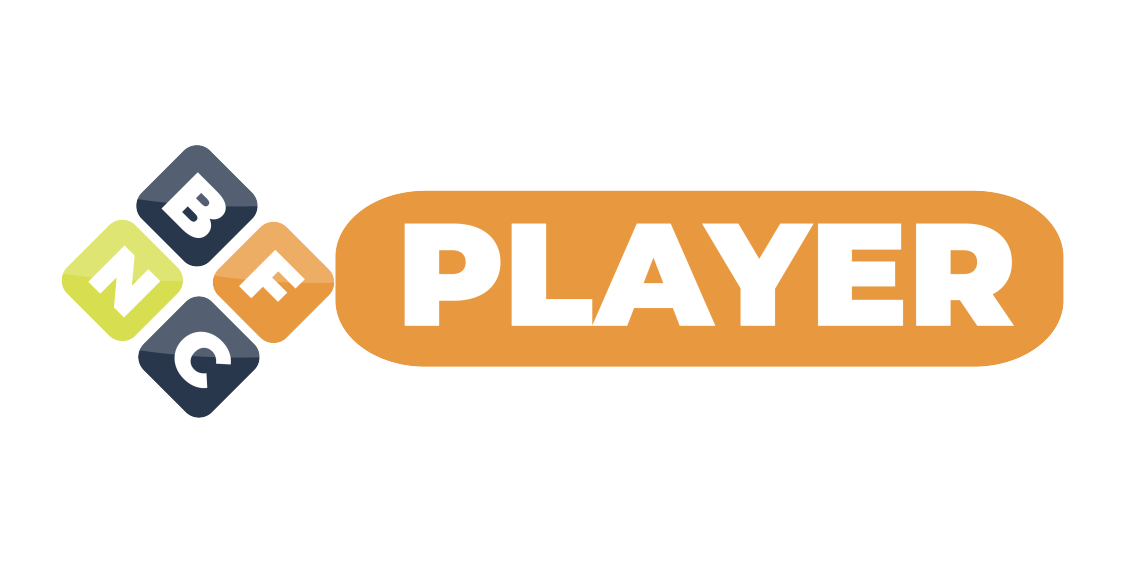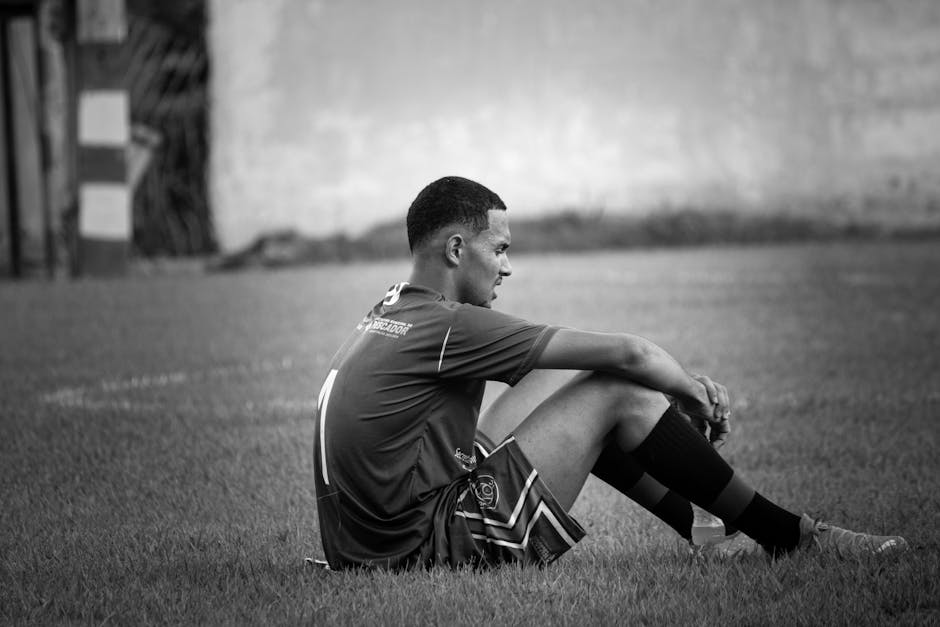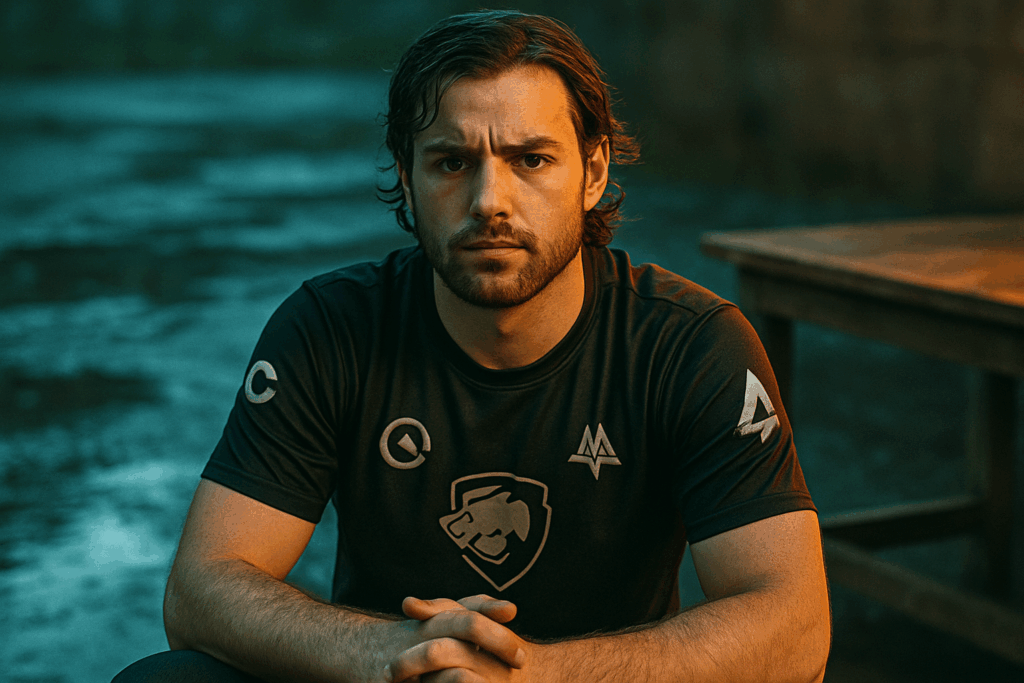Why the Conversation Around Olympic-Level Esports Is Heating Up
Esports has been growing for years, but now it’s knocking on the Olympic door. There’s real momentum behind the idea of competitive gaming joining the world’s biggest sporting stage. The International Olympic Committee (IOC) made that clear with the launch of Olympic Esports Week and a series of test events designed to measure interest and global reach. It’s not just about showing off skill—it’s about legitimacy.
These recent moves aren’t just PR stunts. They’re deliberate tests. The IOC is watching closely to see if esports can match traditional events in organization, viewer engagement, and skill level. Early signs are promising. From racing simulators to archery games, digital and physical worlds are blending in trial formats that stay true to Olympic values.
What does this mean? Simple. Esports at the Olympic level could redefine how we talk about athleticism, competition, and global fandom. For vloggers and content creators in the gaming space, it’s a signal: this world is getting serious. Recognition at that scale unlocks access to sponsors, media partnerships, and a shot at storytelling on a global stage.
How Esports Could Fit into an Olympic Framework
As competitive gaming continues to gain recognition on the world stage, discussions around its inclusion in the Olympics have become more serious. But how could the traditional Olympic structure adapt to accommodate digital competition?
Adapting the Olympic Model for Esports
Traditional Olympic events revolve around years of planning, structured broadcasts, rigorous qualification systems, and global viewership. Esports shares many of these traits but adds digital nuance. Key adaptations could include:
- Dedicated esports venues with global livestreaming capabilities
- Tech-integrated judging and officiating systems
- Remote competition capabilities for certain game formats
- Real-time data tracking for viewers and analysts
Tournament Structures and Governing Oversight
To align with Olympic standards, esports would require a clear and transparent structure with qualifying events and centralized oversight. Potential approaches include:
- Regional qualifiers leading to a global final tournament
- Partnership with an established governing body such as the Global Esports Federation or an IOC-formed committee
- Standardized rulesets and anti-cheating measures across all participating titles
Likely Gaming Genres for Inclusion
Not all game genres are Olympic-ready. The most likely candidates are those that combine high skill, watchability, and global appeal. Common contenders include:
- Sports Simulations: FIFA, NBA 2K, and other sports games that mirror traditional events
- Strategy Games: Titles like StarCraft II or Age of Empires with clear competitive structures
- Fighting Games: Street Fighter, Tekken, and Super Smash Bros. known for one-on-one, bracket-based play
Genres that promote violent or overtly graphic content may face resistance due to the Olympics’ emphasis on positive values and universality.
Games with Strong Olympic Potential
A handful of games already have the global following, competitive infrastructure, and publisher support necessary to be on the shortlist for Olympic inclusion:
- FIFA: Aligns naturally with football, the world’s most followed sport
- League of Legends: Massive global fanbase and proven international tournament structure
- Rocket League: Easy to understand, visually clean, and competitively intense
- Street Fighter: Tightly-run championship circuits and a growing international player base
For each title, the key will be publisher collaboration, fair play standards, and integration with Olympic-level competition.
The future of esports in the Olympics hinges on compromise: between tradition and innovation, structure and spontaneity. But with intentional design, it may soon become a reality.
Esports didn’t crash into the mainstream overnight. It was a process — slow, messy, and driven by moments that turned heads. Big money sponsors came in. Stadium events sold out. League of Legends finals started pulling Super Bowl-sized audiences. The turning point? Organizers realized this wasn’t a fringe hobby—it was a global spectator sport.
Then came the Olympics conversation. First, it was all about exhibitions. Games like Street Fighter V and League of Legends showed up during events like the 2018 Asian Games and the 2023 Olympic Esports Week. These weren’t medal events, but they were a foot in the door. Exhibition inclusion is basically the IOC’s way of testing the waters—highlighting gameplay, gauging global interest, and avoiding full commitment. Medal status, on the other hand, means the game gets treated like any other Olympic sport—with the same national pride, international oversight, and funding on the line.
As for the games being floated by the IOC? Think safer, more strategic picks. Sports simulations like eFootball and Gran Turismo get more love than FPS titles like CS:GO or Overwatch. It’s optics. The IOC leans toward content that mirrors traditional sports and avoids anything too violent. But every game considered tells a story about esports’ growth: maturity, worldwide reach, and a new generation of fans who take this as seriously as any legacy sport.
Standardizing rules in esports is messy. Different platforms, different publishers, different game mechanics—each with their own quirks and rulebooks. But with esports edging toward the Olympic spotlight, there’s pressure to create a consistent rule set that can span genres and titles. That’s not just about fairness—it’s about legitimacy.
Anti-cheating protocols are a key part of that. From aimbots to hardware exploits, the playing field has been tough to level. Organizers are now leaning hard on detection systems and stricter vetting. Global fairness demands both tech and trust, so expect tighter checks and fewer loopholes.
Then there’s the bigger cultural question sitting just beneath the surface: is digital competition on par with traditional sport? Fans are split. Critics question the physicality, while defenders argue that reaction speed, strategy, and mental endurance are just as real. That conversation isn’t settled, but it’s getting louder.
And finally, it’s a balancing act. Commercial esports is built for speed and profit. The Olympic ideal is slow, inclusive, symbolic. If esports wants in, it has to meet those values halfway—without losing too much of what made it thrive in the first place.
Esports is no longer just a niche. With global tournaments drawing millions and college programs gaining traction, 2024 is shaping up to be a breakout year on multiple fronts. For players, this means more structured paths to pro careers through academies and national federations. Teams are expanding their reach beyond traditional hotspots, looking to tap into underrepresented regions with high growth potential.
Emerging titles are stepping into the spotlight as well. Games that once lived in the shadows are now getting league support, media coverage, and legit prize pools. This gives players new ways to find their identity in the scene without needing to grind in the most saturated titles.
Big brands are finally catching on too. Sponsorship dollars are shifting from single mega-teams to a more diversified spread—think niche orgs, student leagues, and even content creators with modest but loyal followings. Investors are also looking past flashy metrics, focusing instead on sustainability, story, and long-term community value.
All these changes are trickling down to the grassroots. More local tournaments, better infrastructure, and accessible role models can pull in new talent from all backgrounds. That’s the real win here—building a scene that’s bigger, wider, and better than what we started with.
For a snapshot of what elite performance looks like today, take a look at Breaking Down the Latest Major Esports Tournament Winners.
Bringing gaming to the Olympic stage changes more than just the medal count. For decades, esports has fought for legitimacy in the eyes of the public. Now, with global visibility and the seal of a legacy institution like the Olympics, the narrative starts to shift. Viewers who once dismissed competitive gaming might start seeing it for what it is: skill-based, strategic, and emotionally intense. It’s a pivot moment that levels the cultural playing field.
But the Olympic spotlight is just the tip of the iceberg. Behind it is a long-term ripple effect. Schools, sponsors, and governments are likely to take esports more seriously. That translates to more scholarships, organized teams, better streaming infrastructure, and real career pipelines. When a 14-year-old can point to an Olympic gold medalist and say, “That could be me,” the entire landscape of education and training begins to stretch to meet that dream.
Still, making it to the Olympics isn’t the finish line. If anything, it’s a new baseline. Expect harder conversations about regulation, access, and how to keep the industry inclusive. The challenge now is to grow without losing the grit that built the culture in the first place. Gaming’s moment has arrived — but the work is just getting started.
Esports has momentum, no question. Viewer numbers, sponsor dollars, and global reach keep climbing. But getting into the Olympics? That’s a different game—one that demands more than popularity.
Olympic inclusion requires discipline, standardization, and compromise. Esports is diverse by nature, with constantly evolving titles and mechanics. The International Olympic Committee wants structure, longevity, and global appeal. Right now, most game publishers operate independently, and many titles don’t align with Olympic values. That means there’s still work ahead.
The next two Olympic cycles—2028 Los Angeles and 2032 Brisbane—are the realistic windows for progress. We won’t see a full-blown medal event just yet, but more invitational tournaments, partnerships, and exhibition showcases are likely. These will test how esports fits into the Olympic ecosystem without forcing either side to rush the process.
Fans, athletes, and organizers should keep an eye on three things: 1) the development of international federations for specific games, 2) standardization efforts for rules and formats, and 3) how well esports can demonstrate its unique cultural value on a global stage. The gears are turning, but it’s more marathon than sprint.



